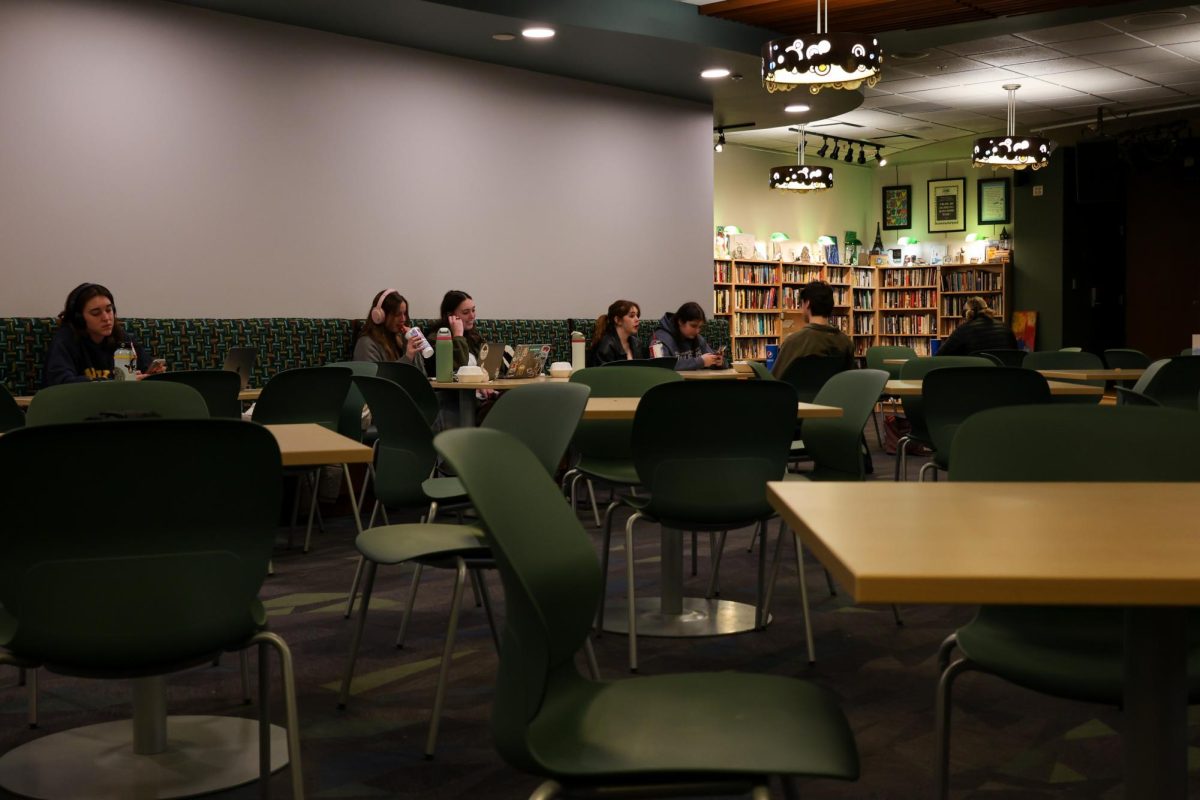Some of the best universities in the world are in China. However, the competition for spaces in those top universities is fierce beyond imagination; students have to look elsewhere. The US-Sino Pathway Program (USPP) offers all the advantages of a traditional foundation program.
“We are ready and the students have recognized that what the University of Vermont has to offer is something really unique,” enrollment management professional Jilly Warner said.
In the last five to seven years Chinese students have begun to attend American universities over other education options such as schools in the United Kingdom and Australia.
The US colleges involved in the program include Marist College, Baylor University, University of Utah, Stevens Institute of Technology, DePaul University, Northeastern University and UVM.
“We are not competing with Harvard, Yale and Princeton, we’re not in the same pool, but what we are recruiting are students who are going to be a great fit for what we have to offer at UVM,” Warner said.
The university has put in a year of preparation for greater international presence on this campus.
“I’d love to see a much higher number of international students, not just because I think it enriches the lives of current students, but I think it also enriches the academic base of knowledge that we share here.” admissions director Beth Wiser said.
Entrance to the program is competitive and selective, there’s around 300 students located in 11 cities throughout China, and the process happens in October so that the students can start course work early November.
In March — after having representatives visit China — the program board decides which institution best meets each individuals needs, and assigns them a final destination institution.
After taking half a year of undergraduate course work spread out over a full year, the students continue education on campus during the summer. They then matriculate as transfer students in their second year, according to executive director Stephen Larsen.
“Each course is designed to complement the others, and the whole curriculum is designed to prepare students for the widest possible range of majors,” Larsen said.
According to the program overview, USPP students earn academic credit in four major areas: Progressive English, American Studies, General Education and Essential Courses.
Students who successfully complete the program earn 31-33 college credits and will be offered admission to one of the seven member schools.
According the Wiser, the university has increased it’s international student intake by 36 percent from last year.
“I’m surprised at how many international students I see; I didn’t expect it,” first-year Kara Ciambra said.
USPP students are different from other international transfer students because admissions not only looks for academic requirements, but also a proficiency in English language.
“There are not enough places in Chinese universities to accommodate the college bound students in China so the government has been very active in persuading prospective students to gussy up their language capabilities and attend university abroad,” Warner said.
Program officials determine which students will meet their universities progression requirements in areas such as a minimum GPA, standardized testing, documentation and minimum grades in certain courses.
The university is looking foreward to welcoming several Chinese USPP students next fall, said Warner.
















